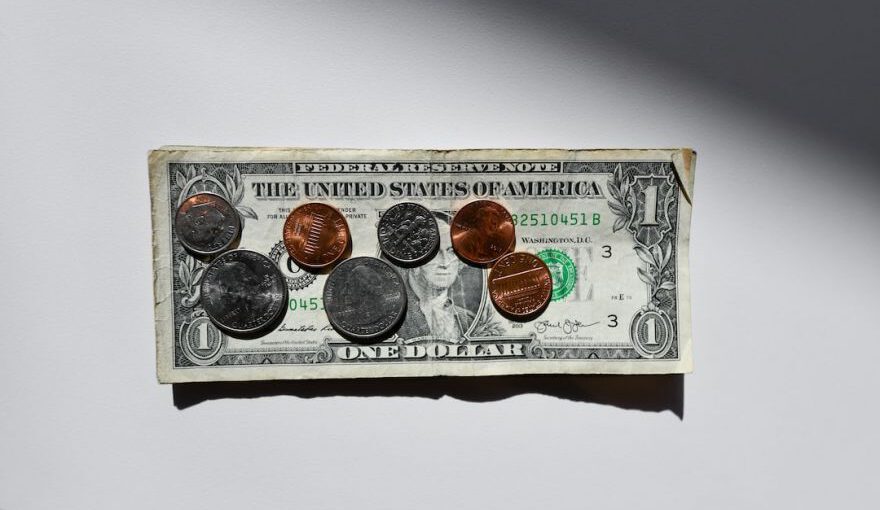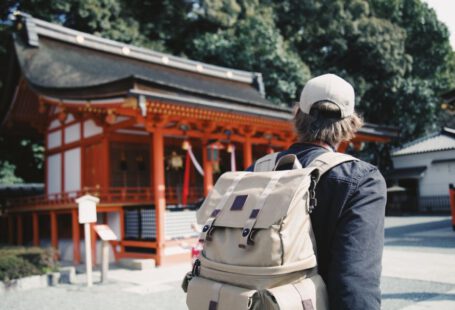When it comes to tipping, different countries have different customs and expectations. In some places, leaving a tip is considered essential, while in others it may be seen as unnecessary or even rude. So, what about Japan? Does this unique and culturally rich country have a tipping culture?
The short answer is no. In Japan, tipping is not a common practice. In fact, it is often considered impolite or even offensive to leave a tip. This may come as a surprise to those coming from countries where tipping is the norm, but in Japan, the price of services is expected to be included in the cost of the service itself.
So, why is tipping not customary in Japan? The reasons are deeply rooted in Japanese culture and societal norms. In Japanese society, there is a strong emphasis on providing excellent service to customers, regardless of the industry or profession. This means that service providers, such as waiters, taxi drivers, or hotel staff, are expected to provide exceptional service as part of their job. Leaving a tip could be seen as implying that the service was not already up to standard and could be offensive to the service provider.
Moreover, in Japan, there is a principle known as “Omotenashi,” which can be roughly translated as “hospitality.” This principle holds that service should be provided with genuine care and attention, without the expectation of receiving anything in return. This concept is deeply ingrained in Japanese society and is reflected in the way services are provided.
Additionally, the absence of tipping in Japan also has to do with the way employees are compensated. In many industries, such as restaurants or hotels, the employees receive a steady and fair wage, which is expected to cover their services. There is no need for customers to supplement their income through tips.
However, it is essential for visitors to understand and respect the local customs and practices. While leaving a tip may not be expected or encouraged in Japan, there are other ways to show appreciation for exceptional service. A simple thank you or a compliment to the service provider can go a long way in expressing gratitude.
It is also worth noting that there are some exceptions to the no-tipping rule in Japan. For example, in high-end establishments or exclusive clubs, a service charge may be added to the bill. In such cases, there is no need to leave an additional tip. Additionally, there are instances where tipping may be more acceptable, such as when receiving a service from a foreigner-friendly establishment that is accustomed to catering to international visitors.
In conclusion, Japan does not have a tipping culture. Tipping is not expected or customary in the country, and in some cases, it may even be seen as offensive. The absence of tipping is rooted in Japanese culture, which emphasizes exceptional service and genuine hospitality. While it is important for visitors to respect local customs, there are other ways to show appreciation for excellent service. So, the next time you visit Japan, remember to leave your tips at home and enjoy the exceptional service that is already included in the price.





